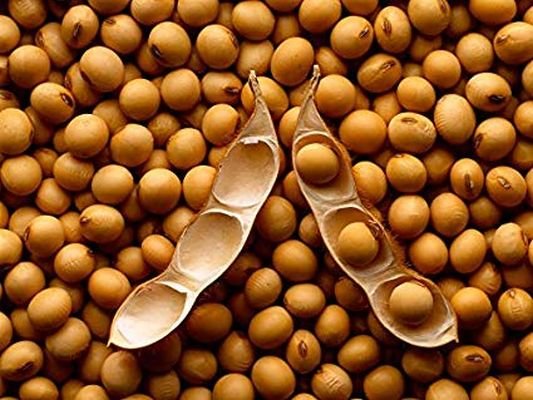Productivity of soybean, an important oilseed crop, is severely affected due to droughts. A team of Indian scientists has now identified genotypes of soybean that can tolerate drought better without comprising on yields.
By incorporating the traits which confer drought tolerance in these cultivars, scientists hope to develop more resilient varieties.
Scientists at the Indore-based Indian Institute of Soybean Research studied sixteen genotypes of soybean while searching for drought-tolerant traits.
Scientists then measured various parameters like canopy temperature, root length, specific leaf weight, photosynthetic rate, chlorophyll, and epicuticular wax content of the genotypes grown in both irrigated and water deprived conditions.
Based on low decline in productivity, four soybean genotypes (EC 538828, JS 97-52, EC 456548, and EC602288) were considered to be resistant to drought.
It was found that traits like low canopy temperature, longer roots, high root/shoot weight ratio, high specific leaf weight, chlorophyll content and photosynthetic rate, seen in drought tolerant genotypes, are associated better seed yields in drought conditions.
Most importantly, a longer root system was found to be most correlated to drought resilience as it allowed the plant to mine water and nutrients from the soil efficiently under drought conditions.
The wax content in leaves, which prevents water loss due to transpiration, was also found to be positively correlated to avoidance in drought conditions.
These traits and genotypes can be utilized in a breeding program aimed at developing soybean varieties tolerant to drought stress.
This is a ‘India Science Wire’ story; edited by Clean-Future Team






